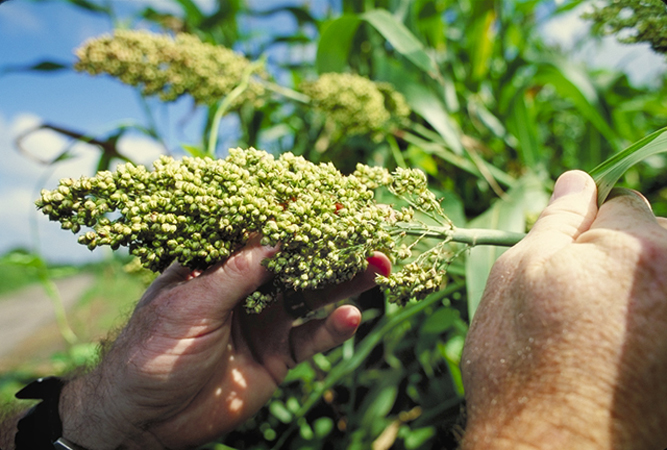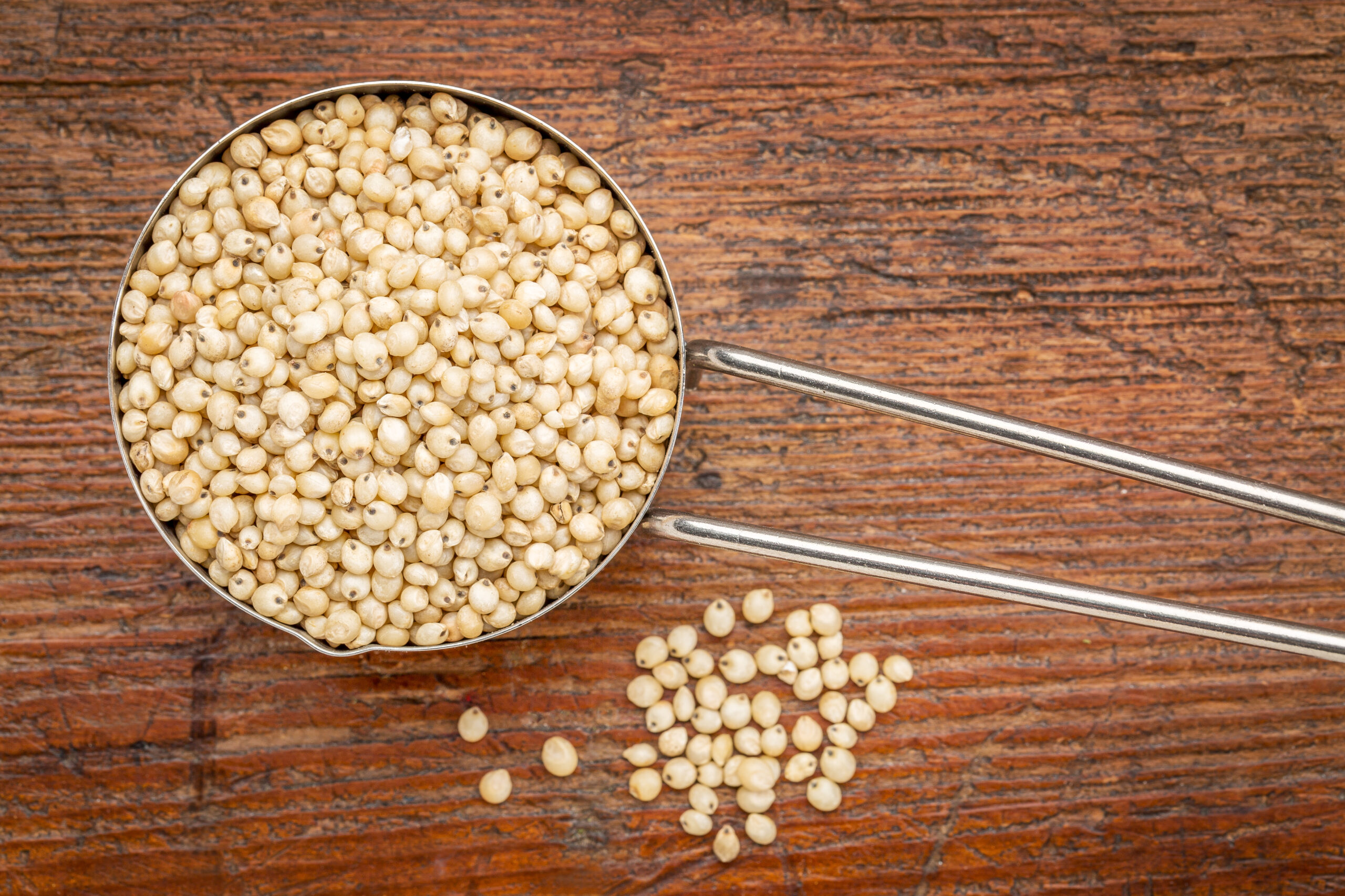These days, climate change and global population growth are at the forefront of most discussions about food policy and agriculture, and many consumers are eating more plant-based foods in an effort to make choices that are healthy for themselves and their planet. When it comes to plant-based eating though, whole grains which have been a mainstay of traditional diets around the globe for millennia are sometimes forgotten or overlooked.
Environmentally Sustainable and Climate-Change Resilient
Grains and other plant foods are far less resource-intensive to produce than animal foods like dairy, eggs and meat. In fact, whole grains require signicfiantly less water than just about any other food we consume which is a big deal when it comes to climate-change resilience and sustainability. A 2012 study found that it takes only 0.51 liters of water to produce 1 calorie of grain, but the same single calorie of beef requires an incredible 10.19 liters of water. It’s easy to understand why diets that emphasize a shift toward more meat and less grain place an incredible strain and burden on our environmental resources.
While fruits and vegetables add necessary nutrients and variety to our diets, its grains that have traditionally been the powerhouses of our sustenance. The FAO estimates that 50% of the worlds energy (calories) today comes from grains. Compared to other crops, grains are more resilient to variable weather conditions and, once harvested, they can be stored for longer and be more easily transported from farm to consumer. They are also more energy dense and less expensive to grow than fruits and vegetables, making them an economical choice for a staple ingredient.
Health Benefits for Your Entire Body
Despite their health benefits and the huge diversity of flavors and textures found among different grain varieties, grains sometimes get an undeservedly bad rap from proponents of low-carb, grain-free diets.
New health studies about the benefits of whole grains are published every month and the evidence is clear eating whole grains lowers your risk of chronic disease, cancer, and obesity, and contributes to enabling a longer, healthier life. Whole grains improve the health and diversity of your gut micro-biome, they lower your risk of heart disease and stroke, and they may even help elementary school students achieve higher math and reading scores.
It is a common myth, perpetuated by pop-science and dieting fads, that grains cause inflammation and obesity. In fact, the scientific studies show that whole grains are linked with less inflammation (earning the best ranking of the 37 food groups studied) and that those who eat a lot of whole grains are less likely to be overweight or obese.
In an age where social media delivers a huge proportion of the health and nutrition information consumers rely on to make their eating and purchasing decisions, its easy for myths about our food to go unchecked and for misinformation to be distributed widely. The truth is that grain-free, meat-centric fad diets place irresponsible demands on our natural resources and are not healthy for our bodies. Contrary to being the cause of ill-health and disease, whole grains support healthy digestion and help prevent the onset of chronic disease while delivering environmental benefits to our agricultural system.
So whether you choose them for their superior taste, for your own wellbeing, or for the benefit of the planet, we at Oldways encourage you to add some hearty, nutty whole grains to your next plate!
Caroline Sluyter, Whole Grain Stamp Program Manager







